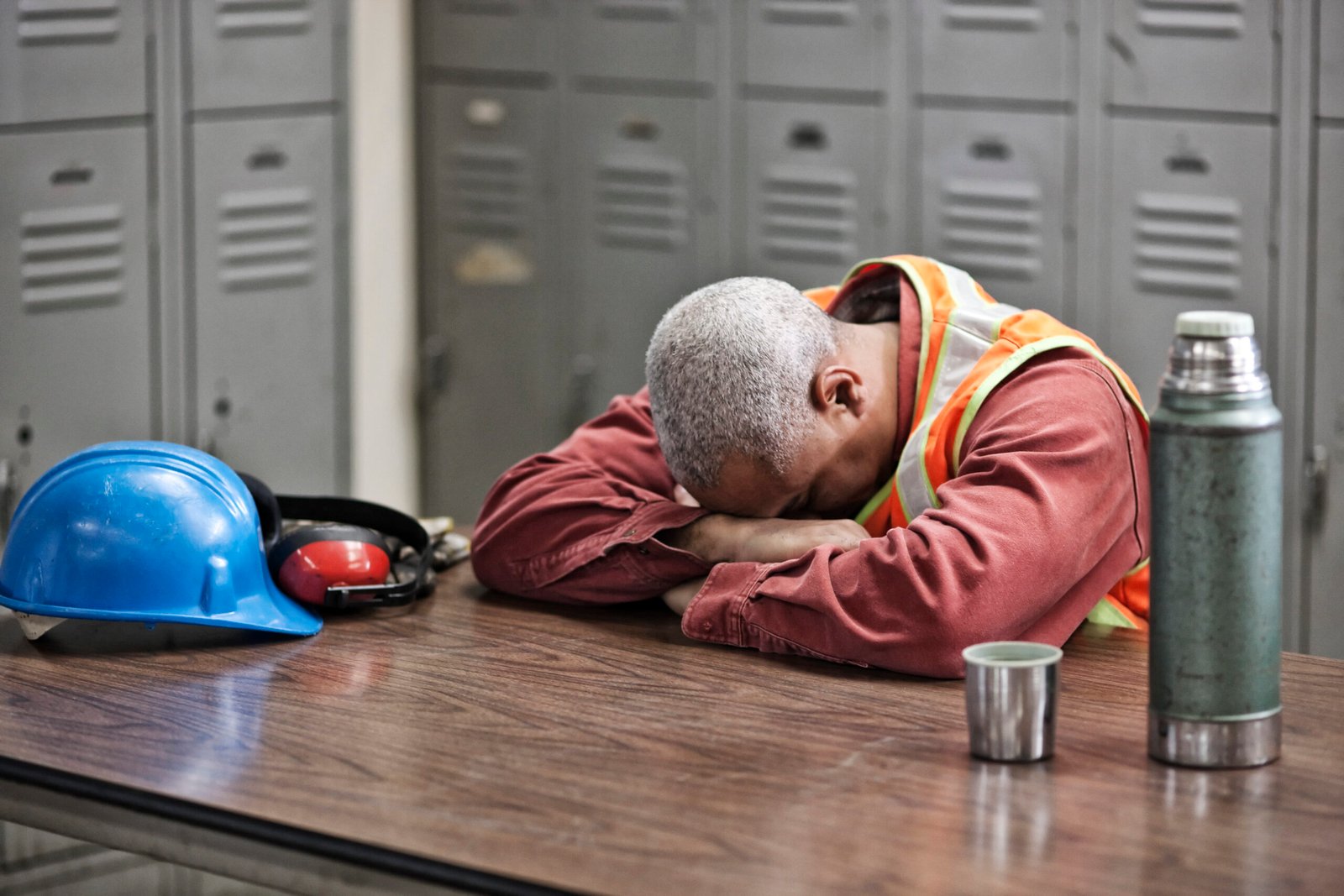Gallup is committed to bringing the voice of the employee to the decision-making table as we help global leaders solve their most pressing problems. In this report we feature annual findings from the world’s largest, ongoingstudy of the employee experience. We examine how employees feel about their work and their lives, an important predictor of organizational resilience and performance.
ABOUT THE REPORT
81,396 HOURS
That’s how much of life most of us spend working. The only thing we spend more time doing is sleeping. If we spend so much of life at work, how is life at work going? According to the world’s workers, not well. Gallup finds 60% of people are emotionally detached at work and 19% are miserable.
But is that a surprise, or a statistical explanation of the obvious? The idea that “work sucks” is everywhere. It’s been the subject of ancient philosophers, world leaders, your colleagues and even pop culture. Comedian George Carlin once quipped, “Oh, you hate your job? Why didn’t you say so? There’s a support group for that. It’s called EVERYBODY, and they meet at the bar.” Carlin’s joke works because it’s true — but workplace misery isn’t funny. Being miserable at work can bring more suffering to a person’s life than being unemployed.
“Find a job that you enjoy doing, and you will never have to work again in your life.” This quote is often misattributed to Mark Twain or Confucius.3 But regardless of where it came from, the popular adage has a different problem: It’s not true. “Work,” according to Oxford Languages, is “activity involving mental or physical effort0 done in order to achieve a purpose or result.” Exerting mental or physical effort to achieve anything is rarely done without stress, worry or even pain. Nobel laureate and best-selling author Daniel Kahneman once said there were “periods when he worked alone on writing that were ‘terrible,’ when he felt ‘miserable.’” Stress, anxiety and maybe a little pain will always be part of a high-performing job, but those negative emotions cannot be the very soul of someone’s job. Yet, that is exactly the worklife experience for the 19% of workers who are actively disengaged.




